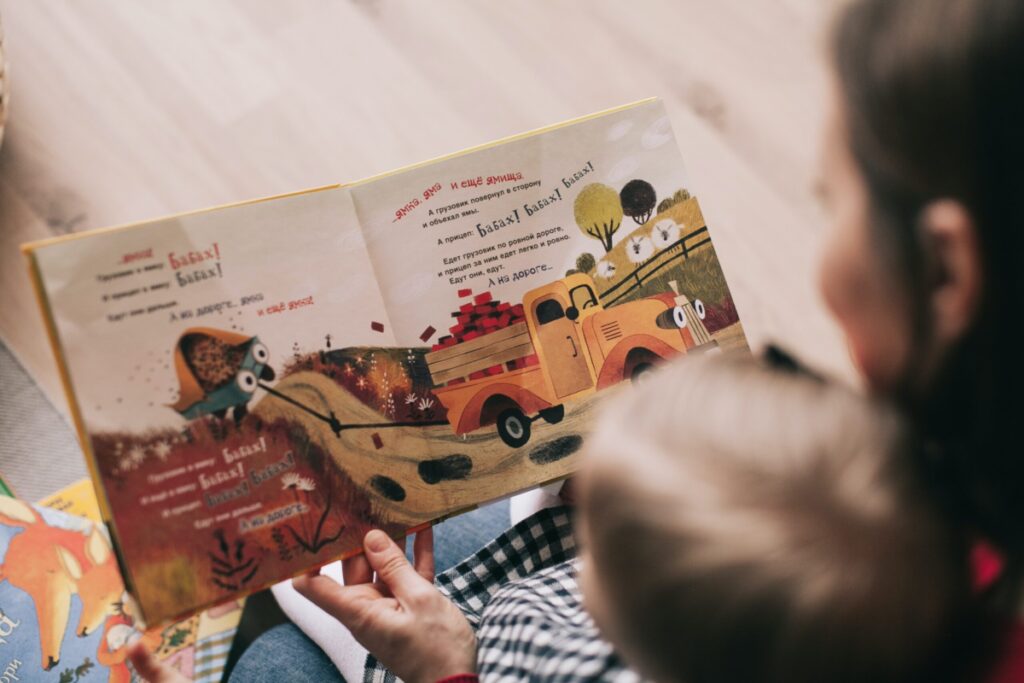What is single parenting, and how does it work? A single parent is someone who raises a kid without the help of their partner. In a single parenting setup, when one of two parents cannot provide for the nurturing and upbringing of the child, the duties intended for two persons are handled by one person. Single parenting is a prevalent reality in many countries.
Did you know that the United States has the highest percentage of single parenting worldwide? That’s right – almost 25% of children under 18 in the U.S. live with just one parent and no other adults present other than adult children.
And while being a single parent affects mothers more commonly around the world, in the U.S., roughly 20% of children live with only their mother, while 5% live with only their father.
But the U.S. isn’t alone – the United Kingdom takes second place for single parenting rates, followed by island nations Sao Tome and Principe, Russia, and Denmark. In contrast, countries like Afghanistan, Mali, and Turkey have some of the lowest rates of single parenting, with only 1-2% of children living with just one parent.
Interestingly, developed countries tend to have higher rates of single parenting due to fewer extended families living together. However, it’s worth noting that the survey did not count parents living with grandparents, aunts, uncles, cousins, or other unrelated adults as single parents.
These statistics shed light on an important issue affecting families worldwide, and it’s crucial to understand the different factors contributing to single parenting rates.

What are the Causes of Single Parenting?
Today, the most frequent reasons that lead to single parenting include the following:
- Rape,
- The death of a spouse
- Divorce
- Abandonment by Spouses
- Parents Separation
- Single-person adoption
- Personal Choice
Impact of Single Parenting
When there is no co-parenting approach or the other parent is not available the entire responsibility of bringing up and nurturing the kids falls into the hands of a single parent, which in one way or another affects children.
Let us begin with some of the positive effects of single parenting;
Pros of Single Parenting
Despite the challenges, single parenting can be a joyful experience. Single parents can build a strong bond with their children and develop a deep sense of satisfaction and pride in their parenting. Here are some of the joys of single parenting:
- A close bond with children: Single parents often have a close bond with their children, as they spend more time with them. This closeness can be a source of joy and satisfaction.
- Independence: Single parenting allows independence and the ability to make decisions without consulting other parents. This freedom can be liberating and empowering.
- Personal Growth: Single parenting can be a source of personal growth, as single parents must take on multiple roles and responsibilities. It can be an opportunity to develop new skills and qualities, such as resilience, adaptability, and strength.
What Are The Problems Faced by Single Parents?
Single parenting can sometimes be overwhelming, and it is not unusual for single parents to feel stressed, anxious, and burnt out. Here are some of the challenges that single parents face;
- Financial Strain: Single parenting often means a significant decrease in income, making it challenging to provide for the child’s needs. Single parents must manage the household expenses and raise the child independently, which can be financially draining.
- Time Management: Single parents must juggle work, household chores, and child-rearing responsibilities, leaving little time for themselves. Time management becomes challenging, and the lack of “me time” can result in burnout. Having a supportive circle of family and friends can help in such situations.
- Emotional Stress: Single parenting stress can be emotionally challenging to handle since they often must take on the role of both parents. Single parents must manage their emotions and their child’s and be their children’s primary source of emotional support.
- Social Isolation: Single parenting can be a lonely experience, as single parents may not have the same social life as their married counterparts. Finding time to socialize and build relationships outside work and parenting duties can be challenging.
How Does Single Parenting Affect a Child?

On the other hand, single parenting can significantly affect children. The impact can be observed in the behaviour and emotional well-being of the kids too. Single parenting can sometimes negatively affect a child’s mental well-being. These effects can vary in number and intensity based on the child’s age and attachment level with the other parent. Let us break it down below;
- Although this is a debatable point of view, as different studies show contradictory results, some studies have indicated that children brought up under the supervision of single parents often show poor academic performances.
- Children may indulge in anti-social behaviours and face challenges in social adjustments. Such children exhibit less frequent participation in social and recreational activities due to a lack of social acceptance.
- Children may have traumatic childhood due to experiencing parental conflicts, abuse, domestic stress, relocation, socio-economic hurdles, and other complex life events. They may often have low self-esteem, self-acceptance, and physical health. In specific severe scenarios, children can also undergo depression.
Regarding financial aspects, children living in single-parent households have a higher probability of suffering the effects of growing up in poverty and being financially disadvantaged. Children from low-income families are more likely to have physical, psychological, and emotional health issues, disordered brain growth, and shorter educational courses.
Tips for Raising Children in a Single-Parenting Setup

Here are some tips to help single parents navigate the challenges of single parenting:
- Build a Support System: Single parents should contact family, friends, and community resources for support. Joining a support group can be a great way to connect with other single parents and share experiences.
- Create a Routine for your child: A consistent routine can help single parents manage their time and reduce stress. Establish regular mealtimes and bedtime routines, and schedule your children’s work and playtime. This helps your kid in realizing the importance of time.
- Please encourage your child: Read for them at night at nighttime. Esteem and support their work and accomplishments. Please encourage them to make friends and allow them to accompany them within a limit.
- Communicate with your child: Communication is crucial for single parents. Talk to your child about the changes in the family dynamic and explain things in an age-appropriate manner. Please encourage your child to express their feelings and be supportive.
- Establish boundaries: Single parents should set boundaries with their children and themselves to maintain balance and reduce stress. This can include limits on screen time, household chores, and work responsibilities.
Single Parenting Help and Support
What can you do as a single parent to cope with your challenges? There are many resources available to support single parents and their families. Here are a few examples:
- Stay Positive: Positive thinking can have a significant impact on single parenting. Focus on the joys and opportunities of single parenting and avoid negative self-talk. Celebrate small victories and prioritize self-care to maintain a positive outlook.
- Financial Assistance: Single parents may be eligible for financial assistance programs, such as Temporary Assistance for Needy Families (TANF), Supplemental Nutrition Assistance Program (SNAP), and Medicaid. These programs can help cover basic needs like food, housing, and healthcare.
- Child Care Assistance: Single parents may struggle with the cost of childcare, which can be a significant barrier to employment. Some states offer childcare subsidies or vouchers to help cover the cost of childcare for low-income families.
- Support Groups: Many organizations offer support groups for single parents, where they can connect with others who are going through similar experiences. These groups can provide emotional support, advice, and practical tips for managing the challenges of single parenthood.
- Counselling Services: Single parents and their children may benefit from counselling services to help them cope with the emotional challenges of family transitions. Many community organizations offer low-cost or free counselling services for families in need, providing a safe and supportive space to address personal or family issues and improve mental health.
- Workforce Training and Education Programs: Single parents may benefit from workforce training or education programs that can help them gain new skills or credentials to improve their job prospects and increase their income.

Frequently Asked Questions
Why is Single Parenting a Good Option?
Although single parenting is not a bed of roses, it does prove to be a better option in specific scenarios like an abusive partnership, unhealthy household environment, etc.
Single parents can give their children their full attention and focus on raising them financially and mentally. The environments and connections that many single parents give their kids are secure and caring.
They can also communicate more, have more control over the child’s behaviour, have fewer arguments because they can talk to their children more instead of penalizing them, and feel more secure in their home.
Looking to find out more about a co-parenting relationship? find out more here.
Bottom Line
Single parenting can have a varying impact on children depending on factors such as age, health, and the parent-child relationship.
Seeking support and resources is crucial for providing the best possible environment for children. While single parenting can be challenging, it also has rewards, such as a close bond with children and personal growth.
However, it can also cause financial strain, time management issues, emotional stress, and social isolation. Despite the struggles, single parenting is a brave choice.











